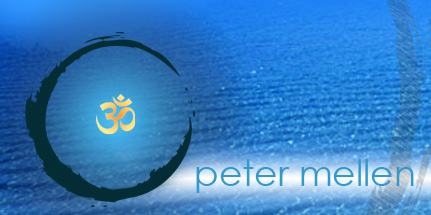An Unplanned Life
-718582.jpeg) Last night I watched a captivating1958 film called Inn of the Sixth Happiness, based on the true story of a British maid named Gladys Aylward (played by Ingrid Bergman), who leads fifty children over the mountains to safety in China after the Japanese invaded in 1937.
Last night I watched a captivating1958 film called Inn of the Sixth Happiness, based on the true story of a British maid named Gladys Aylward (played by Ingrid Bergman), who leads fifty children over the mountains to safety in China after the Japanese invaded in 1937. Colonel Lin Nan, a Chinese officer (played by Curt Jurgen), who is part European, falls in love with Gladys, the single-minded British missionary. He has to make a choice between what his heart is telling him and his sense of duty.
When the old Mandarin asks Colonel Lin Nan why he chose in favor of duty, the Colonel resignedly says, "My life is planned."
The Mandarin responds, "A life that is planned is a closed life, my friend. It can be endured perhaps. But it cannot be lived."
It made me think of how often I limit myself by planning. At this time of year I often make New Year’s resolutions with a set of goals and intentions for the year—all with a view towards having an “ideal life” where everything was perfect.
It’s hard to find anything wrong with this. Why wouldn’t anyone want to make their life more worthwhile? Like everyone else, I’ve been well acculturated by society to do better, be a good person, and be productive.
But what I overlook is that by having my life planned I am creating a “closed life,” where there is very little room for life to happen, for life to surprise me, for life to open up my heart. If I really want to be honest with myself, I plan because I do not feel that I am OK just as I am. I plan so that I will feel safe in a world that is not safe. I plan in the hope of finding some future happiness once I have reached my goals.
The problem is that all these plans are made by our egoic minds to avoid pain and find pleasure. The human ego is notoriously unreliable in making choices that will truly benefit our awakening to greater peace and happiness.
But what if I was able to see the underlying perfection of life right here, right now? What if I could see that nothing needs to be changed or improved? When I’m content to greet life exactly as it is, with both the good and the bad, then I can truly relax and be at peace.
At the beginning of 2009 I posted a blog that began with a quote by the Jesuit priest Anthony de Mello. This year I’ll end with the same quote and “plan” to understand it more fully in 2010.
“You want to hope for something better than what you have right now, don’t you? Otherwise you wouldn’t be hoping. But then, you forget that you have it all right now anyway, and you don’t know it.”








